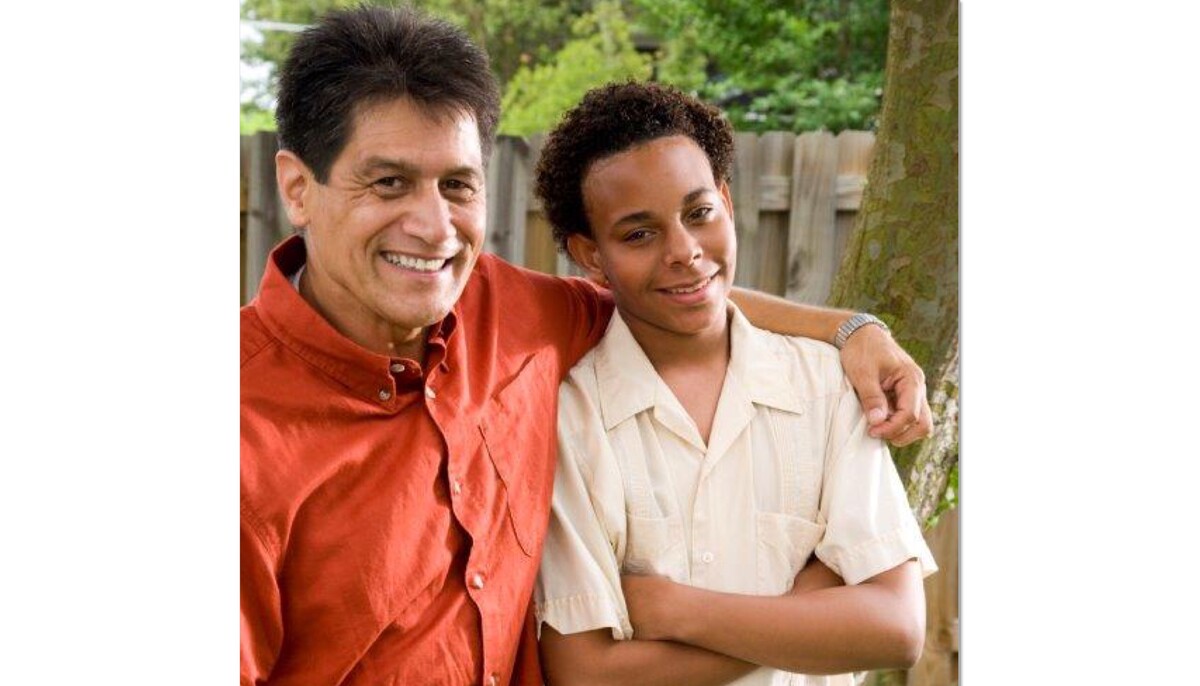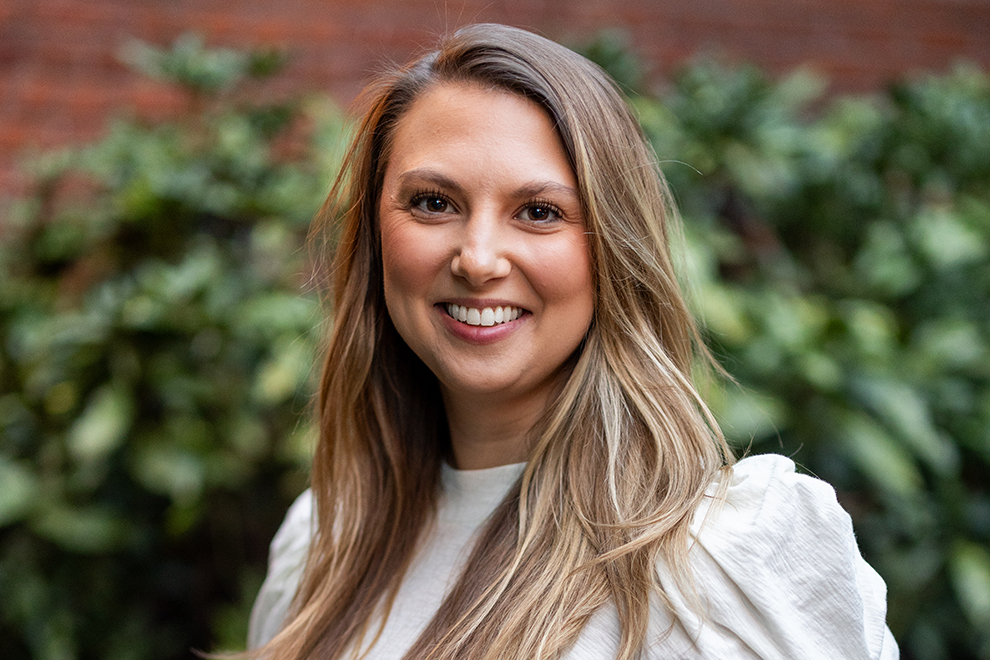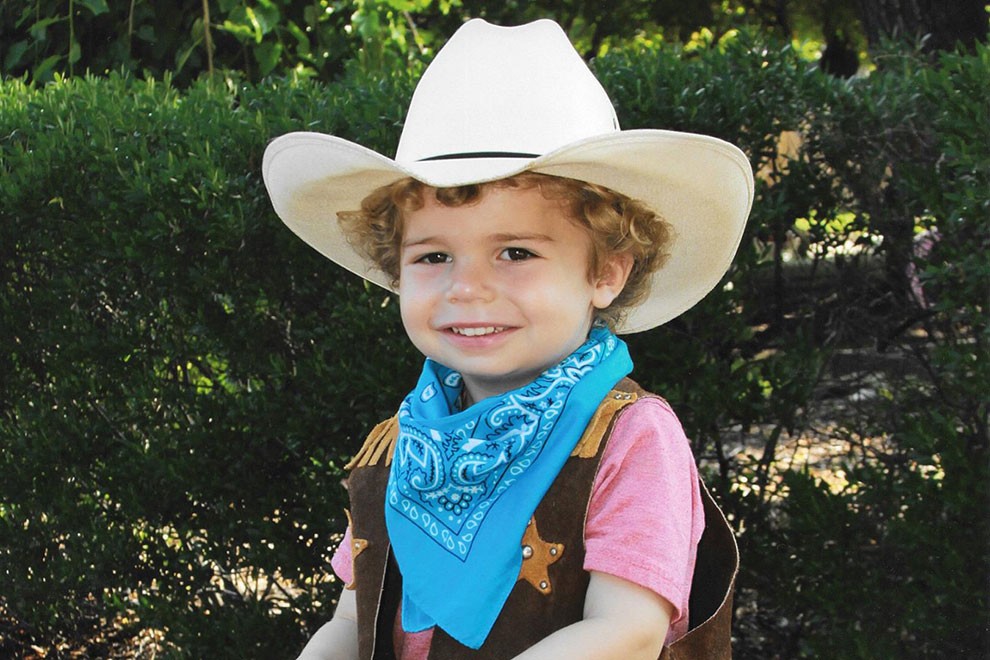by Paige Peake
Foster care gives children and teens a home they need and deserve as they move from one chapter in their lives to another. A supportive and nurturing family can instill hope where there was doubt; love where there was loneliness; security where there was fear.
Children come into foster care for different reasons. Most often they have experienced abuse and neglect. Sometimes a child has more needs than his or her family can meet with the limited support that they may have. Whatever the reason, the underlying needs are the same – a home where each child can be supported, guided, accepted and encouraged to thrive.
Foster parenting is a special calling. “We are always in need of strong, caring and flexible foster families who can meet the challenge of parenting children with traumatic backgrounds and multiple needs,” says Toosdhi Jackson, children’s services director at Commonwealth Catholic Charities.
Making the Decision to Foster
The decision to become a foster parent is a decision that most foster parents have thought about and talked about for a good while before approaching an agency. Discussions with friends and loved ones are important to making a decision to move forward. Foster parent specialists, such as those with CCC, can answer questions and help a prospective foster parent explore this important decision.
“It’s not always easy, but it’s always worth it.”
The process to become certified as a treatment foster parent includes a home study, background checks, several visits with the foster parent specialist, and completion of an intensive preservice training curriculum. The process is intended to assess and prepare the foster family to open their hearts and home to vulnerable children in need.
Foster care is best provided as a team and CCC’s foster care staff provide ongoing support, extensive training and workshops, and 24/7 emergency assistance to foster parents. Foster parents receive stipends to assist with daily living expenses, coverage for the child’s medical expenses, and stipends to cover additional service needs when needed.
According to Jackson, one of the most frequently asked questions through the initial screening stage is, Do I need to be Catholic to foster a child through you? “And the answer is that we work with anyone who has a heart for nurturing and caring for children. We not only work with families of any faith, we need families of all faiths to help children and youth from diverse backgrounds feel comfortable in their home,” says Jackson.
Foster parenting requires dedication, love, patience, flexibility and a good dose of humor. Fostering cannot be done alone. “Our staff goes out of their way to make sure that foster parents have the support and knowledge they need so they and the child can experience progress and a measure of success in their work together,” says Jackson.
The isolation of this pandemic is a window into a foster child’s world…
“We hope that during this time there will be those who want to make a difference in the life of a child and break their isolation and loneliness by becoming a foster parent,” says Jackson.
What Makes a Good Foster Home?
A Safe EnvironmentA foster home should present an environment where a child can be safe from harm, where their needs will be met and where they can feel secure and at ease. It should be predictable and consistent with clear structure and healthy boundaries. The foster home should also be flexible in order to adjust to the unique needs of each child. A sense of family and togetherness combined with personal space and respect are strong underpinnings to an effective foster family.
Support and Guidance Foster children will have varying levels of trauma histories and these experiences can present as challenging and special needs. The foster families unwavering support and loving guidance can do much to assist these children with healing. CCC foster care staff provide ongoing training so that foster parents are equipped with the most up to date knowledge and techniques for working with children in treatment foster care.
Community Activities Playing games, attending festivals, going to the library, going to the park, worshipping together, and involvement in extracurricular activities are all ways for a child to feel part of a family and a community to increase their sense of belonging.
One on One Positive InteractionsDaily positive, unstructured interactions are very important to build a trusting relationship between foster parent and foster child. Even taking just 15 minutes each day to spend unstructured, positive time with a child can build a bond within which he or she can begin to heal.
Willingness to Be Part of a Team The saying “it takes a village” is especially accurate for the provision of Foster Care. A foster family who embraces being part of a team is a foster family who grows in strength and knowledge while keeping themselves healthy, all to better care for vulnerable children in need.
May is Foster Care Awareness Month. More information about foster parenting is available online at www.cccofva.org/foster-care.
The mission of Commonwealth Catholic Charities is to provide quality, compassionate human services to all people, especially the most vulnerable, regardless of faith. The vision of Commonwealth Catholic Charities is to envision a world where poverty is alleviated, people of all races and faith are treated with respect, and all are inspired to serve. Commonwealth Catholic Charities is a 501(c)(3) nonprofit organization dedicated to alleviating human suffering and restoring hope, dignity and opportunities to Virginia’s residents since 1923.





